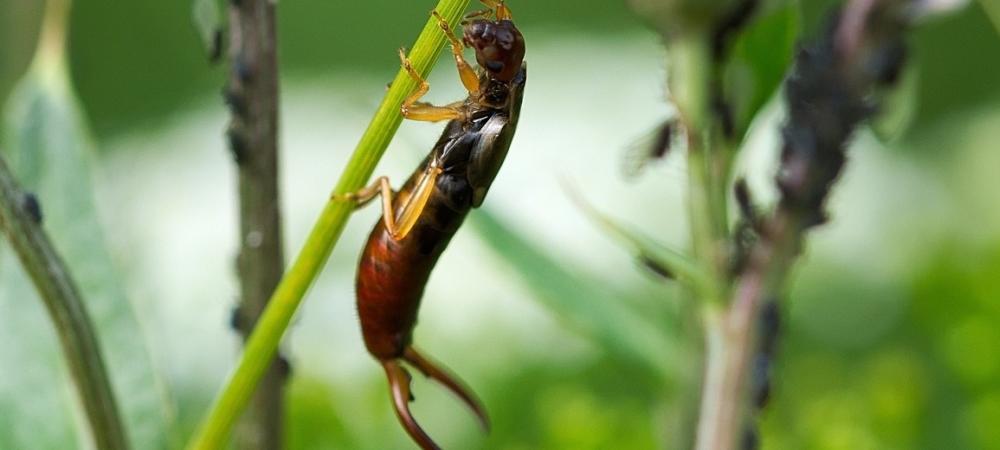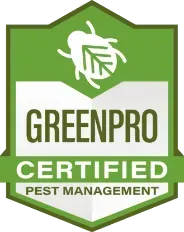Are Earwigs Harmful to Humans?

Earwigs, those mysterious and often misunderstood insects, have long been the subject of curious fascination and, at times, unwarranted fear among humans. With their distinctive pincers and nocturnal habits, it's no wonder people have wondered whether these critters pose a threat to us. In this blog, we're going to delve into the world of earwigs and explore the question that has piqued the curiosity of many: Are earwigs harmful to humans?
Earwigs are not generally harmful to humans. While they may use their pincers for defense, they rarely pose any real threat to people. The ability of an earwig to inflict harm on humans is extremely limited. In fact, they are more likely to be beneficial in gardens by helping to control other insect populations.
What Are Earwigs?
Earwigs are insects characterized by their elongated bodies and distinctive pincer-like appendages at the end of their abdomens. These pincers, called cerci, are often what people associate with earwigs, but they are primarily used for defense and mating. Earwigs are typically nocturnal and are omnivorous, feeding on a variety of organic matter, including plant material and small insects. While their appearance may seem intimidating, earwigs are not generally harmful to humans and play a role in controlling insect populations in gardens and outdoor environments.
Do Earwigs Bite, Sting, Or Carry Diseases?
No, earwigs do not bite, sting, or carry diseases that can harm humans. While they have pincer-like appendages at their rear, these are primarily used for defense and other insect-related activities. Any pinching from an earwig is generally mild and not a cause for concern. These insects mostly feed on decaying plant material and small insects, not human blood or tissues, so they do not transmit diseases to us. Despite their somewhat intimidating appearance, earwigs are generally harmless creatures when it comes to interactions with humans.
Why Are Earwigs in My House?
Earwigs can sometimes find their way into houses in search of shelter, moisture, or food. They are nocturnal creatures that thrive in dark and damp environments, and they may be attracted to the cool, moist conditions inside your home. Earwigs can enter through cracks or gaps in windows, doors, or foundation walls. Once inside, they may hide in dark, secluded areas during the day and come out at night in search of food, which can include crumbs or other organic matter.
Do Earwigs Have Egological Benefits?
Yes, earwigs can have ecological benefits. These insects are natural decomposers, helping to break down dead plant material and organic debris. They also prey on other small insects and pests, including aphids and mites, which can be beneficial in gardens and agricultural settings. By feeding on these pests, earwigs can play a role in pest control, potentially reducing the need for chemical pesticides. So, in the grand scheme of things, earwigs can be valuable contributors to the balance of ecosystems and gardens, helping to keep certain insect populations in check.
Do Earwigs Destroy Homes?
No, earwigs do not destroy homes. These insects do not eat or damage structural materials like wood, insulation, or wiring. While they may enter homes in search of shelter or moisture, they do not cause physical harm to the structure of a house. However, if you find earwigs in your home, it's essential to address the conditions that may be attracting them, such as moisture issues or entry points, and take steps to prevent their entry in the future.
Do Earwigs Signify a Larger Pest Problem?
Not necessarily. While finding earwigs in and around your home or garden can be unsettling, their presence does not automatically signify a larger pest problem. Earwigs are opportunistic insects that may enter buildings seeking shelter, moisture, or food. However, their presence does not always indicate a more extensive infestation. It's essential to address any conditions that may attract earwigs, such as damp environments or access points, but their appearance alone doesn't typically suggest a severe pest issue. If you're concerned about other pests, it's best to consult with a pest control professional for a thorough inspection and appropriate treatment if needed.


